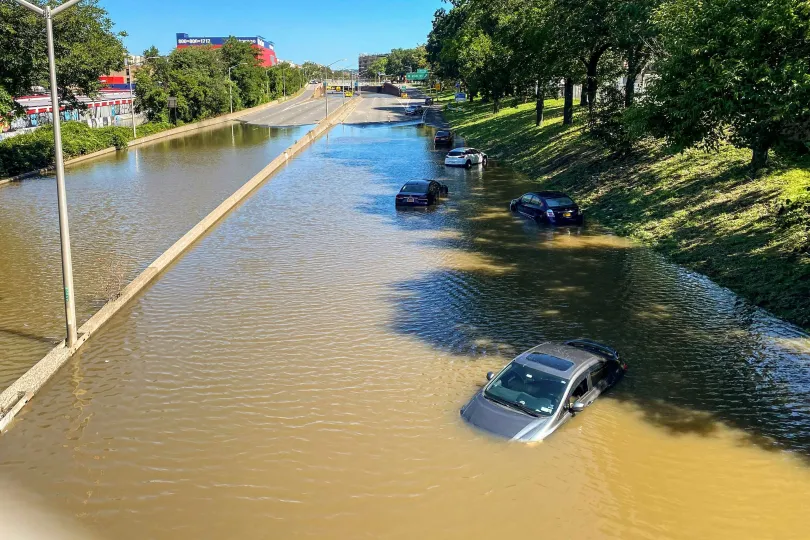Green Candidates Vow to Push Albany on Climate, But Is It Hot Air?
They all say that state lawmakers need to take more aggressive action to green the electric grid and protect communities — and contend it is the Assembly that has failed in recent legislative sessions.

 This article was originally published on by THE CITY.
This article was originally published on by THE CITY.
When the remnants of Hurricane Ida walloped New York City last year, Jonathan Soto was working for Rep. Alexandria Ocasio-Cortez, fielding calls from constituents in The Bronx and Queens whose homes had been flooded.
He says he began hearing from neighbors who were concerned that the government needed to do more to address the risks on the horizon.

Brooklyn Boro
View MoreNew York City’s most populous borough, Brooklyn, is home to nearly 2.6 million residents. If Brooklyn were an independent city it would be the fourth largest city in the United States. While Brooklyn has become the epitome of ‘cool and hip’ in recent years, for those that were born here, raised families here and improved communities over the years, Brooklyn has never been ‘uncool’.